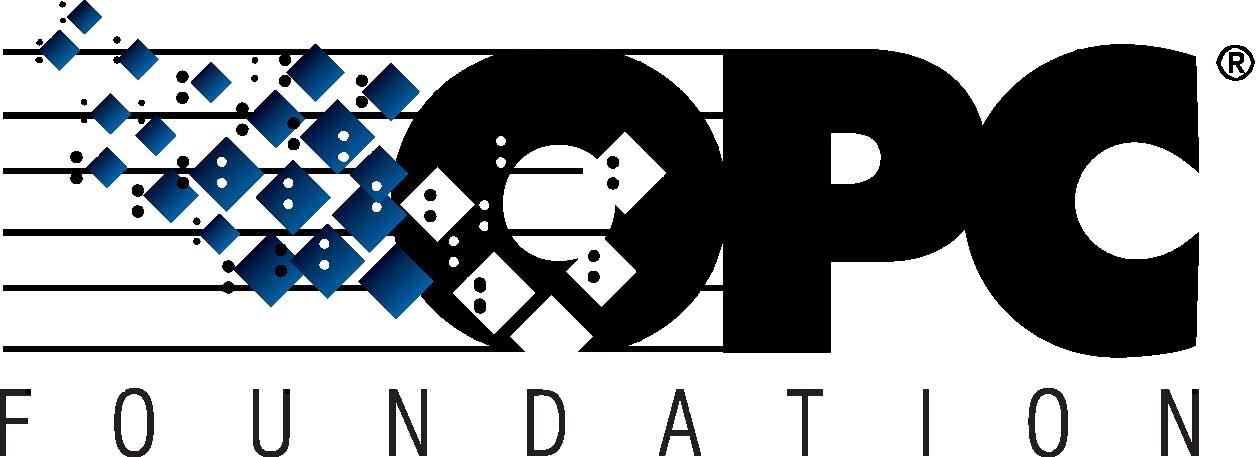 The Interoperability Standard
The Interoperability Standard
for Industrial Automation
| Welcome | OPC Foundation Online | Certification | Technology | News | https://gitHub.com/OPCFoundation |
Unified Architecture Technology Sample Applications
 The Interoperability Standard
The Interoperability Standard
for Industrial Automation
| Welcome | OPC Foundation Online | Certification | Technology | News | https://gitHub.com/OPCFoundation |
Unified Architecture Technology Sample Applications
OPC Foundation Headquarters
16101 N 82nd St., Scottsdale, AZ 85260 USA
Tel: +1 (480) 483-6644
Fax: +1 (480) 483-7202
The OPC Foundation is the world’s leading community for interoperability solutions based on OPC communication specifications that deliver universal connectivity. The mission of this community of vendors, end-users, integrators and educators is to advance the development, adoption and certification of OPC based products.
The OPC Foundation is a not-for-profit organization whose more than 400 members share the common goal of providing the infrastructure, specifications, technology and processes to facilitate multivendor, multiplatform, secure and reliable interoperability through the use of the OPC specifications. The Foundation is the official source for the OPC Certification Program, ensuring that OPC products plug-and-play in real-world application.
OPC members include technology providers, which develop OPC-compliant products; end-user companies, which are consumers of OPC technology in the form of OPC-compliant products; and non-voting members, which are universities, government, research institutions, and non-profit organizations.
Other key stakeholders include related technology organizations with which the OPC Foundation collaborates to develop compatible and complementary specifications.
The key markets for OPC technology include: Industrial Automation, Building Automation, Embedded Devices, Energy Management (Smart Grid), Manufacturing Enterprise Management, and Cloud-based Computing.
The OPC Foundation provides the umbrella organization for global members to cooperate in the development and adoption of OPC technology, including OPC UA (Unified Architecture) and OPC Classic.
The OPC Foundation develops and maintains the OPC Certification Program to ensure plug-and-play interoperability and minimize systems integration costs when creating and deploying OPC-based products.